Introduction to Exclusive Selling Agreements
Exclusive selling agreements are a crucial component of business relationships, particularly in the realm of distribution and sales. These agreements establish a contractual relationship between a manufacturer or supplier and a distributor or retailer, granting the latter the exclusive right to sell a particular product or line of products within a defined geographic area or market segment. This article delves into the intricacies of exclusive selling agreements, their benefits, and the considerations that both parties should take into account when entering into such an arrangement.
What is an Exclusive Selling Agreement?
An exclusive selling agreement is a legally binding contract that outlines the terms and conditions under which one party (the exclusive seller) is granted the sole right to distribute and sell a specific product or line of products in a designated market. This exclusivity can be geographical, meaning the seller has the exclusive right to sell in a particular region, or it can be product-based, where the seller is the only one authorized to sell a particular brand or product type.
Key Components of an Exclusive Selling Agreement
When drafting an exclusive selling agreement, several key components must be addressed to ensure clarity and mutual understanding:
Product Description: A detailed description of the products covered by the agreement, including specifications, models, and any variations.
Geographical Scope: The specific regions or markets where the exclusive selling rights apply.
Term of Agreement: The duration of the agreement, including the start and end dates.
Exclusivity Conditions: The conditions under which the exclusivity is granted and any limitations or exceptions to the exclusivity.
Payment Terms: The agreed-upon pricing structure, payment schedules, and any discounts or rebates.
Marketing and Promotion: The responsibilities and expectations regarding marketing, promotion, and advertising activities.
Termination Clause: The conditions under which the agreement can be terminated by either party.
Dispute Resolution: The mechanism for resolving any disputes that may arise during the term of the agreement.
Benefits of Exclusive Selling Agreements
Exclusive selling agreements offer several benefits to both manufacturers and distributors:
For Manufacturers:
Increased Control: Manufacturers can maintain a consistent brand image and product quality by having a single point of distribution.
Enhanced Sales: By granting exclusivity, manufacturers can incentivize distributors to invest more in marketing and sales efforts.
Strategic Partnerships: Exclusive agreements can foster long-term relationships with distributors, leading to more stable supply chains.
For Distributors:
Market Dominance: Distributors can leverage the exclusivity to gain a competitive edge in their market.
Increased Profitability: With no direct competition, distributors can command higher prices and potentially earn greater profits.
Brand Loyalty: Exclusivity can help build a loyal customer base, as customers will associate the product with the exclusive seller.
Considerations for Entering into an Exclusive Selling Agreement
Before entering into an exclusive selling agreement, both parties should consider the following:
Market Analysis: Ensure that the agreement aligns with the market demand and potential growth opportunities.
Competition: Evaluate the competitive landscape to ensure that the exclusivity is not detrimental to the market as a whole.
Financial Implications: Assess the financial impact of the agreement, including the cost of marketing, inventory, and potential returns.
Legal and Regulatory Compliance: Ensure that the agreement complies with all relevant laws and regulations, including antitrust and competition laws.
Flexibility: Include provisions that allow for flexibility in case market conditions change or if the agreement needs to be
转载请注明来自金辅科技,本文标题:《独家售卖协议 英文,独家销售协议合同范本 》

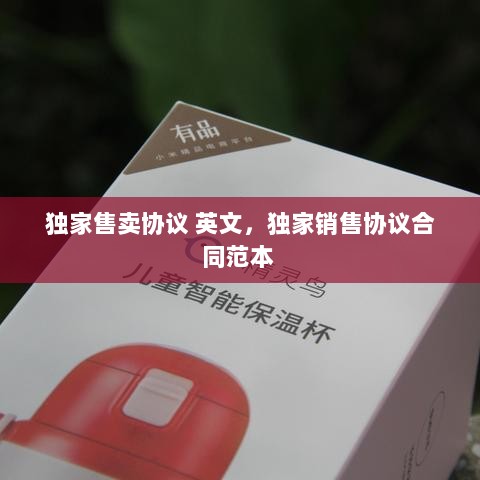

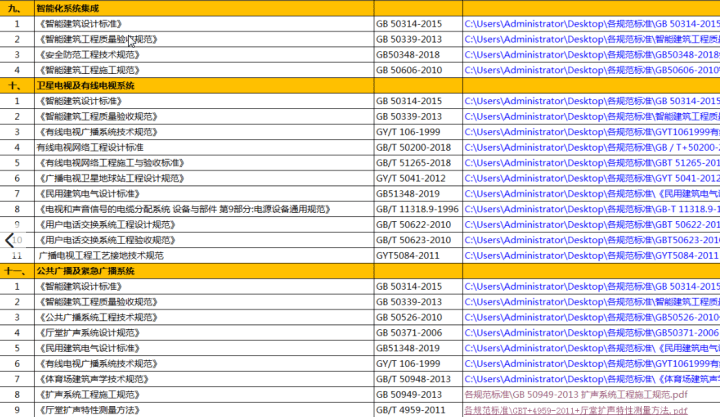


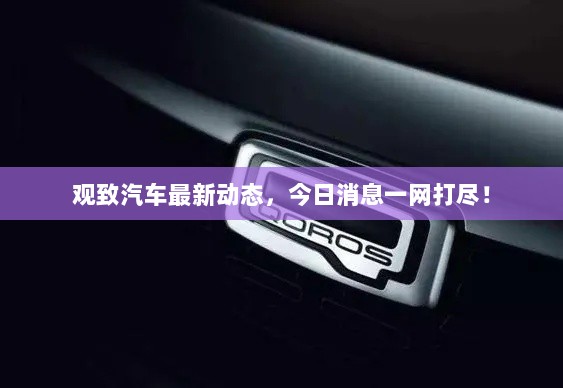
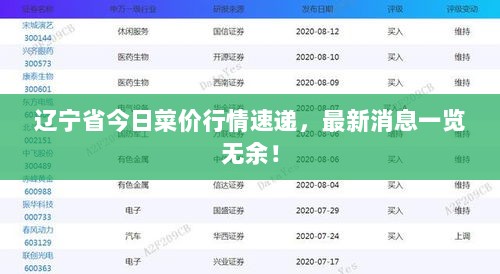
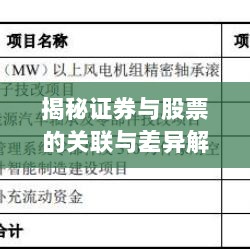
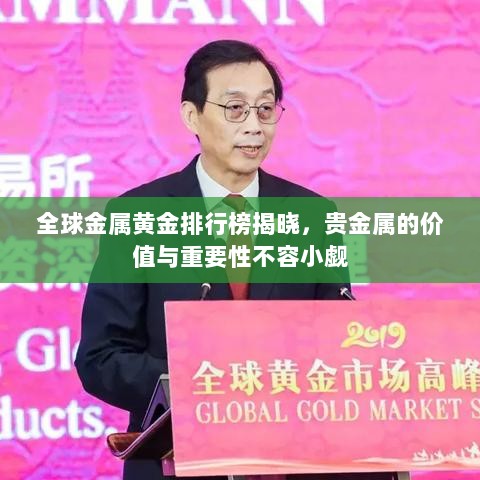
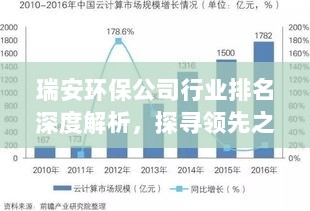



 蜀ICP备2022005971号-1
蜀ICP备2022005971号-1
还没有评论,来说两句吧...